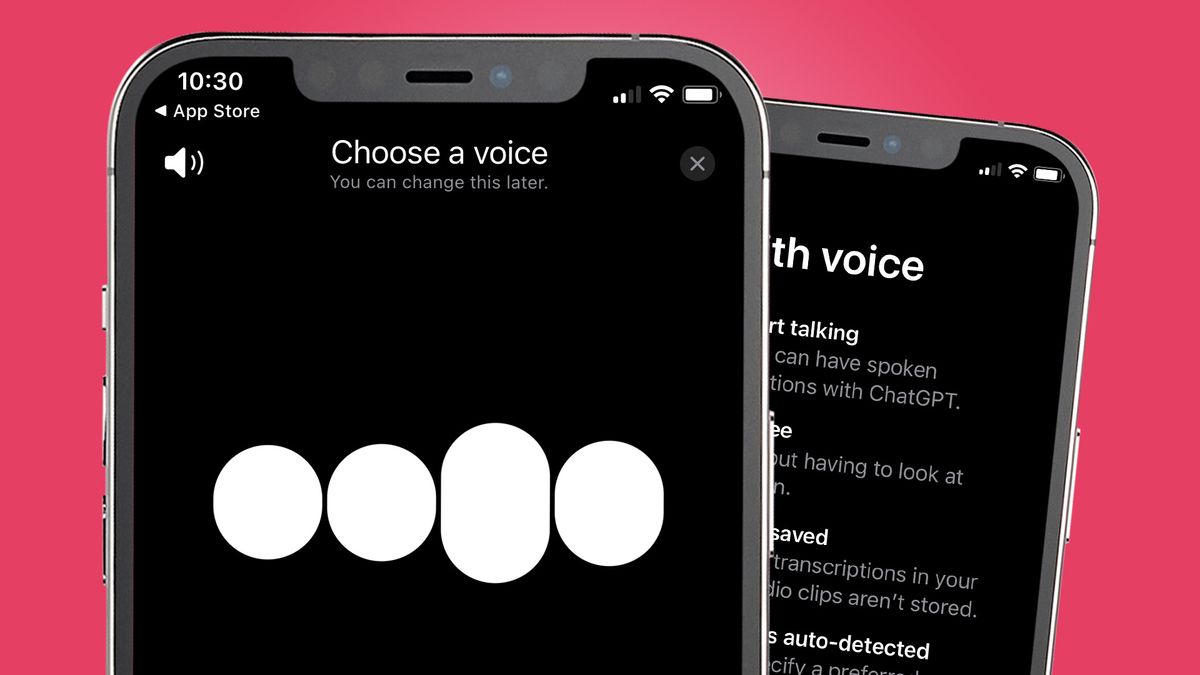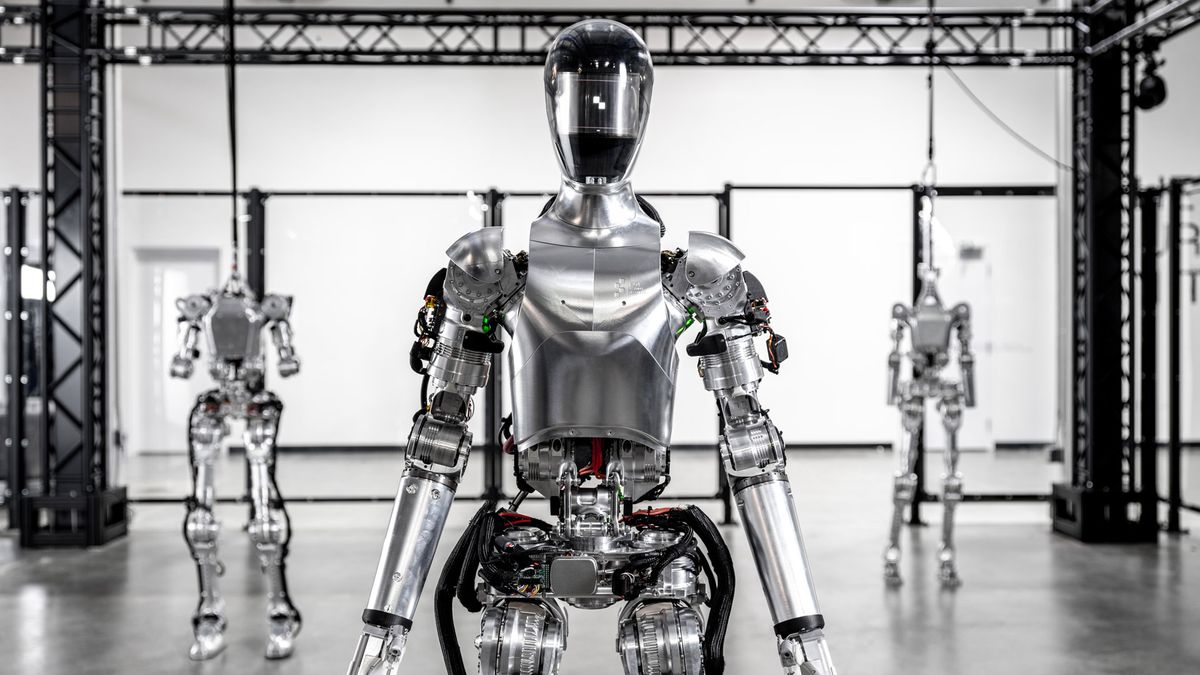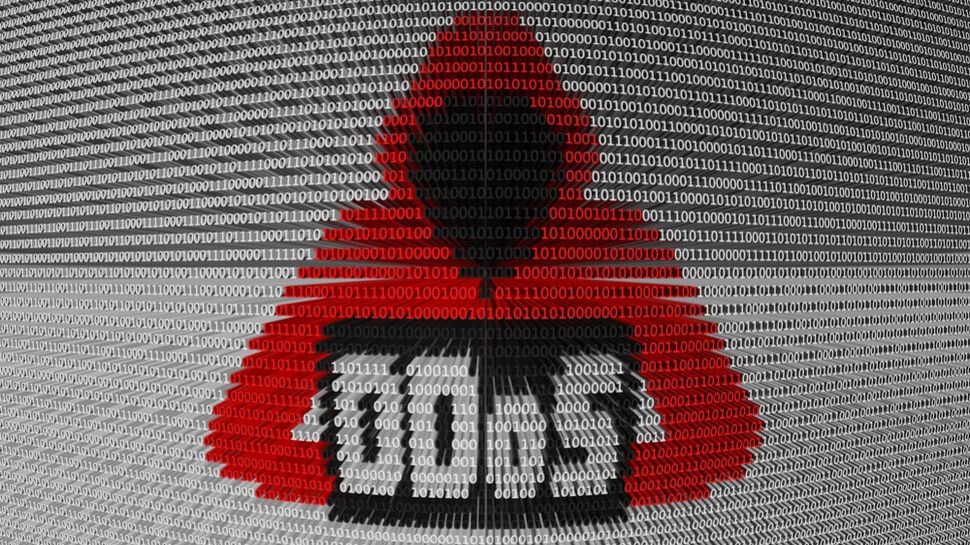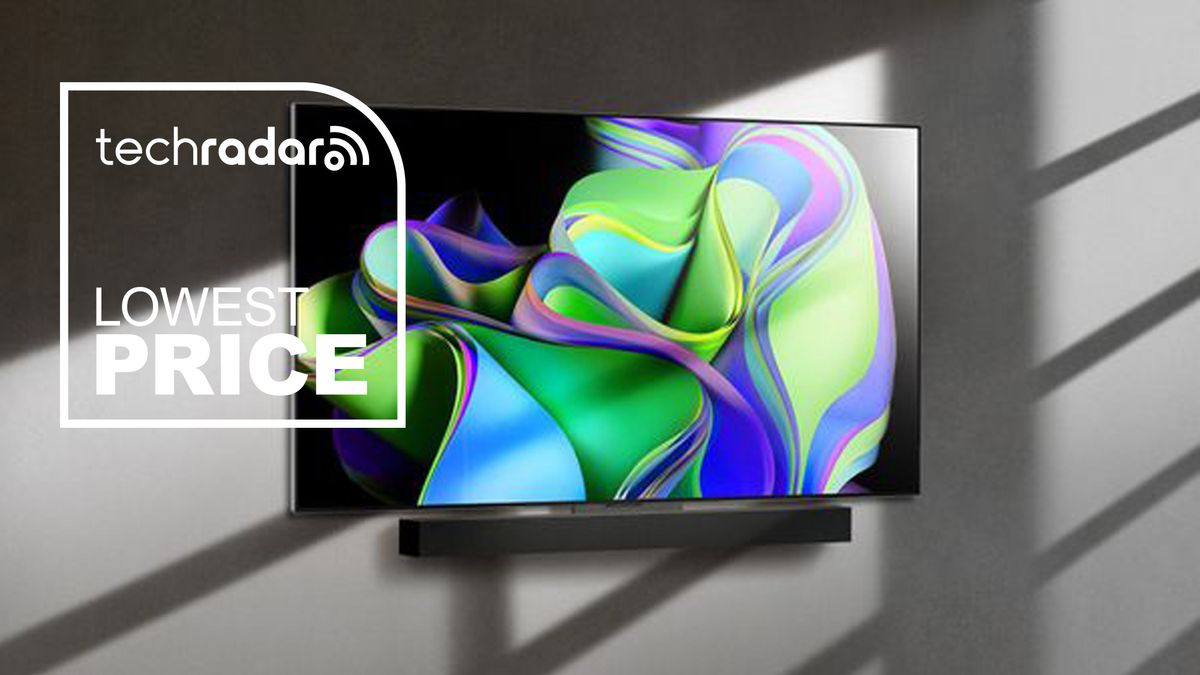Windows 10 could be getting an unpopular change to the Start menu that Microsoft recently implemented in Windows 11, according to a new leak.
This is the addition of an account manager section, and that extra piece of clutter in the Start menu could well be coming to Windows 10, as the functionality is currently in testing builds, though not live yet.
The Start Menu Account Manager from recent Windows 11 updates is moving to Windows 10. (present in Beta/RP build 19045.4842, disabled by default). pic.twitter.com/34Ub68flCtAugust 23, 2024
Leaker PhantomOfEarth on X made the discovery while digging into a Windows 10 preview (build 19045.4842) and enabling the feature with a Windows Configuration utility.
If this change comes to Windows 10 in the same way it did for Windows 11, it means that when you click your profile picture (bottom left of the Start menu), instead of helpful shortcuts to lock your PC or sign out of your account, you'll get reminders (and promotional snippets) for your Microsoft account (or other services, potentially).
The aforementioned shortcuts haven't been removed, but are instead hidden in the new panel, accessed via a three-dot menu. Note that that three-dot menu doesn't do anything in Windows 10 yet, which underlines that this feature isn't complete yet — it's just hanging around in the background for now.
Analysis: The unfortunate drawback of Windows 10 feature unfreezing
We should remember that this isn’t even present in testing yet, but with work underway and the fact that it’s already available in Windows 11 (and also taking into account Microsoft’s general effort to include more promotional elements bordering on advertising in both operating systems), it seems quite likely that this will happen. However, we shouldn’t count our interface aberrations before they hatch.
This is a particularly annoying issue, as it hides useful features (or at least shortcuts that some Windows users rely on) behind an extra click (in that three-dot menu). It's a permanent inconvenience for those affected, and offers nothing really useful in the way of extras, so the feedback surrounding this issue has been rather bitter.
Seeing Microsoft seemingly go ahead with the change in Windows 10 is a little surprising, perhaps, but again, we can't be sure the change will be implemented in the older OS.
At one point last year, Microsoft froze work on Windows 10 and we thought the operating system would receive nothing but security updates until it reached end of life. Then the software giant changed course and kept adding features to Windows 10, but here's the (possible) downside to that continuous development: it's also adding junk features that no one really wants from Windows 11.
That said, we wouldn't want to see Windows 10 development halted to prevent this sort of thing, although Microsoft will no doubt be stopping work on the older operating system soon (support for Windows 10 ends in just over a year, after all).
You may also like…









